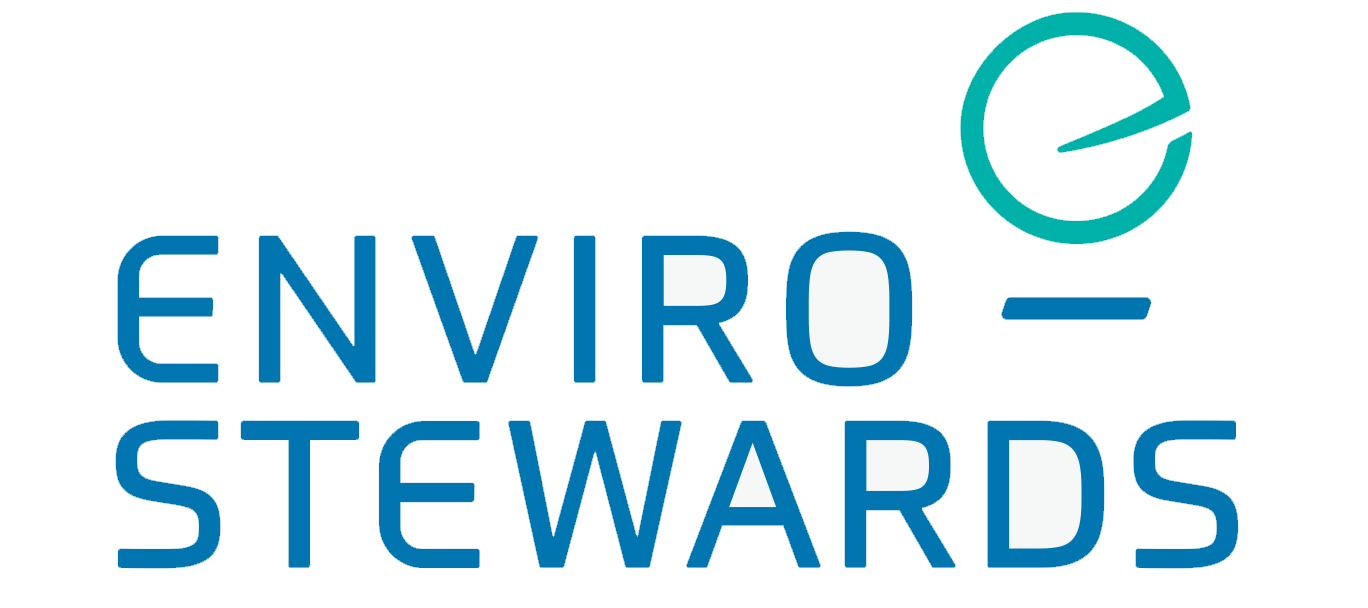Definition of Sustainable Manufacturing
According to the Government of Canada, sustainable manufacturing promotes minimizing or eliminating production and processing wastes through eco-efficient practices, and encourages adopting new environmental technologies.
The United States Environmental Protection Agency describes sustainable manufacturing with a broader social implication as “the creation of manufactured products through economically-sound processes that minimize negative environmental impacts while conserving energy and natural resources. Sustainable manufacturing also enhances employee, community and product safety.”
At the end of the day, sustainable manufacturing is the way of the future. Businesses can no longer create products without considering how the manufacturing process will impact the environment and society.
Changes in manufacturing aren’t happening simply because of technological advancement and regulatory compliance, although that certainly helps to drive change. Important changes are happening because, fundamentally, it is too costly to continue operating a business that produces expensive waste.
How To Achieve Sustainable Manufacturing
Looking at the big picture, from the first step of your manufacturing process to the last, will help you define your challenges, in order to build a solution — a holistic diagnosis.
Traditional sustainability audits would have you believe that the only way to effectively implement sustainable manufacturing processes is by overhauling your entire facility and spending enormous sums of money.
The days of focusing simply on ways to handle end-state challenges, like waste, are gone. Enviro-Stewards knows that only by examining the root causes of the waste can you find a long-term, economically viable solution.
Example of a Sustainable Manufacturing Solution
Challenge: In Canada, the equivalent of 30 – 40% of food produced is lost along the value chain. This food waste is worth an estimated $27 billion each year. Traditional solid waste audits find places to send this food waste. The costs for this food waste management range from plus $20 to minus $100 per tonne. However, this approach fails to recognize that, just before the food was lost during processing, the food was valued at plus $1,000 – $15,000 per tonne.
Solution: Enviro-Stewards conducted a root-cause analysis for Campbell Canada in order to develop cost-effective prevention strategies and solutions for this food waste. The facility was already conducting annual solid waste audits and sending their food waste to a waste to energy plant. However, the project identified practical and economically-attractive opportunities to avoid waste and increase the yield of the factory by 938 tonnes/yr with a product value of $706,000 and a payback period of less than six months. It would also avoid 4,000 tonnes/yr of (embedded) greenhouse gas losses when compared to the previous practice.
Rather than focusing on managing your food waste, by finding efficient ways to destroy the food, we will develop solutions to reduce or eliminate wasted food in the first place.
Sustainable Manufacturing Solutions
Every industry faces their own, unique manufacturing challenges and sustainability goals. In order to gain a competitive advantage in the marketplace, it’s imperative that your business establish sustainability goals that provide long-term solutions for maintaining production and achieving growth.
Enviro-Stewards knows that, regardless of location, product, or industry, sustainable solutions are within reach. It’s about a change in perspective — a paradigm shift.
Changing the Approach
Stop using last year’s numbers as an unavoidable benchmark to plan for the next quarter, fiscal year, or beyond. If you can move away from the old way of thinking and move towards the new, sustainable way of thinking, you will stop sending waste outside of your facility to be destroyed.
Reducing your losses from the beginning is more economical as you stop paying for resources twice — you stop paying to purchase and process them, and you stop paying to dispose of them.
| OLD WAY OF THINKING | NEW WAY OF THINKING |
| High-level review of total annual energy use and supply costs. | Detailed analysis of where energy is consumed and how it’s being used. |
| Year-over-year or month-over-month comparison of resource utilization. | Real-time examination of resource utilization, location, and rationale. |
| Examination of end-of-pipe problem to determine solution or disposal. | Assessment of root causes of waste to develop alternative processes and stop creating waste in the first place. |
Being sustainable is about prevention and conservation. Taking the steps to implement feasible processes to increase your operational sustainability will generate improved revenues and achieve long-term environmental benefits.
Start the process of achieving sustainable manufacturing at your facility by contacting Enviro-Stewards today.


